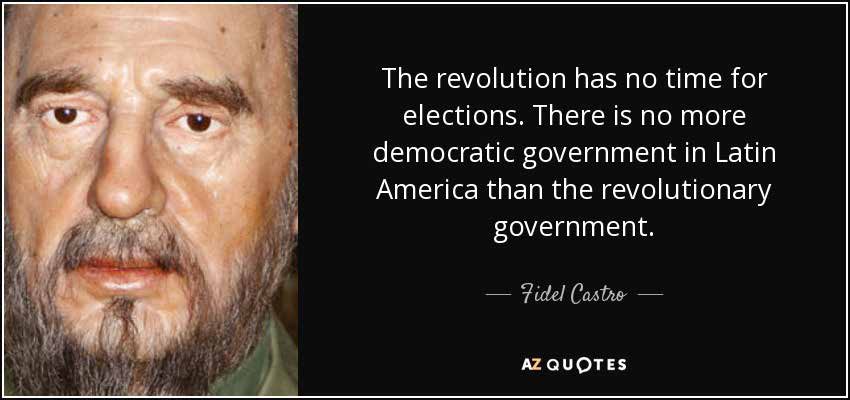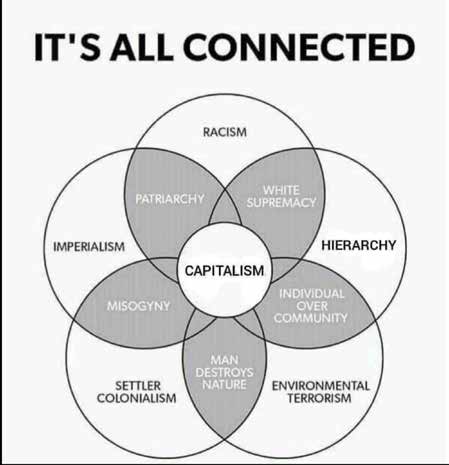I’ve come to learn that if you want to change the world, you must change people ~ Shyam Shah
Presumed Objective: That electing a few Leftleaning members to Parliament will lead to Parliament upholding the Constitution and ensuring more just and democratic law-making.
Our position: That at this point in time and given the prevailing circumstances, even if we were able to get a few progressive and Leftist members elected to Parliament (which we think unlikely), they would make very little, if any, impact on the present parliamentary modus operandi. So, the question is not: Should we boycott the Election? It is ‘Should we, in the present stage of our political organising, even think of participating in a parliamentary election?’ We maintain that the time (2 years if not more), resources and energy our small group of radical activists would expend in campaigning would be infinitely better spent building the mass base without which no meaningful change is possible.
In October 2020, in response to this position, the Communist Party of Kenya (CPK) asked us to read Vladimir Lenin’s ‘Left-Wing’ Communism – An Infantile Disorder’. We did so and to summarise: our main argument was that when Lenin wrote this theoretical piece, he did so with the backing of a Socialist Party and a politically advanced mass base. To date we have neither in Kenya. That is not in any way to denigrate the efforts being made to build a left constituency and raise socialist awareness; but to recognise that we are yet very much in our infancy.
- THE PARTY/ORGANISATION. We are extremely small in numbers and even that minority is organisationally fragmented because, we think, overall, we lack ideological theory and clarity as well as genuine commitment. In short, we have a long way to go before we can apply Lenin’s theory re ‘Should we participate in Bourgeois Parliaments?’
It is important to note that Lenin did also write that, ‘parliamentarism is historically obsolete because a free and fair election can never be held in a capitalist society … but it is politically desirable because of the generally held view by the masses that parliamentary elections are the only route to ensuring democracy’. This ‘political desire’ is very true of the Kenyan public which puts its faith in a ‘free and fair election’ and has no inkling of a possible alternative because, in the absence of any ideological education/exposure, it accepts unquestioningly the imperialist model.
- THE MASS BASE. We have no mass base to speak of. What we do have in Kenya is masses of suffering wananchi who are thoroughly disgruntled and disillusioned by the ruling class but see no alternative. The latter is emphasised because people have little or no understanding of the workings of the system which oppresses them and a possible alternative. This is hardly surprising given that even in our ‘progressive’ middle class circles, the word ‘capitalism’ is hardly ever mentioned or analysed while ‘socialism’ is grossly mis-used and ‘Imperialism’ is not even on the horizon. ‘Class struggle’ more often than not is simply the aspiration to move up the social ladder and escape the grinding inequality.
The reality: We have (and have had) a Parliament which is unashamedly capitalist, sexist, homophobic, self-seeking, corrupt and un-informed. There have always been a few stalwarts who try to swim against the tide but have to invariably toe the line or get over-ruled. The two-thirds gender rule, the issue of salaries and perks, the non-implementation of the Ndungu and TJRC Reports – are just some of the glaring failings of this so-called ‘august’ house. I am sure we are all in agreement with these facts and need no convincing.
There is another of Lenin’s teachings we need to emphasise. He has stated unequivocally that ‘the state is a tool of the ruling class’. The state is not neutral – it has a class base and operates on behalf of big capital. It engages several bodies such as the police, the army, the parliament and the media to maintain and sustain its interests and its supremacy. There is no way the oligarchs and their allies will allow any loss of control of this important ‘tool’. Elections for them are just a ploy to pacify the masses and can be dispensed with if push comes to shove.
It is, in our opinion, only a mass of working people who are central to the economy who can hope to effectively begin to confront this ruling class which is not just national, but has global connections. The reality is that, using religion, the media and the NGOs, imperialism has thoroughly indoctrinated and ambushed the people. This mass (proletariat) must be organized, politicized and mobilized with an experience of self-reliance (soviets), loyalty to a trusted leadership; a conviction that a new world is possible and a vision of how it will look. Comrades from the middle class whose left/socialist credentials are beyond dispute should join them and provide the intellectual, ideological and technological in-put.
We italicise the terms proletariat and soviets because it is clear that a century or so later, while the main principles and strategies for a revolutionary transformation of society laid down by Marx, Engels, Lenin and Mao remain relevant, the methods and analyses adopted by the revolutionaries of the USSR or China are not always applicable today. Capitalism’s neo-liberal project by its very nature creates dissent, but dissent on its own does not lead to revolutionary change. People’s uprisings in Africa and elsewhere in the last decade have been truly inspiring but to date have been stalemated by the counter-revolution.
Today’s revolutionaries need to study theory, adapt it to our socio-politico-economic realities and devise new methods of struggle to break through the exploitative system we live in. We have much to learn from left colleagues and movements in South Africa, Nigeria, Zimbabwe, Tanzania, Sudan and North Africa. We, middle class activists, must move away from rhetoric. We have much to learn from politicized workers with regard to this exploitation; as well as engage with basic humanity, communal organizing, solidarity and commitment. It is no easy task for us to win the necessary trust and acceptance without which we will remain ‘toothless bulldogs’.
It is only by engaging in protests in support of the Constitution or Judiciary or against corruption, police brutality, evictions, land grabs, domestic violence and so much else that we can forge intra class relationships, build solidarity with working people, share our ideas and win over the sympathetic/empathetic elements in the government and the religious sector. Of course, these protests are reformist but they must be seen as the means to achieving the revolutionary goal of forming the post-capitalist state.
- Given the huge advances in technology, weaponry, surveillance, AI, etc. the previous methods of confrontation and armed struggle are no longer as applicable. Globally there is a move to support community and grass-root populations which seek to minimize victimization by the capitalist system by becoming more self-reliant and self-sustaining, strengthen their class organisations and ensure the full participation of women with the long-term view of building international alliances to break down the walls of global capitalism. For an inspiring read visit .
A word about the role of women. Just as racism is a vital pillar of capitalism, even more universal is the ideology of patriarchy; and just as we support the campaigns against racism, patriarchy needs to be challenged NOW. The family and its exploitation is the kingpin of this economic system, socializing the family and liberating women is a key task if we are to enlist the full participation of half of the population, and lay the building blocks of a new society. Women activists are already making their presence felt in the radical/revolutionary movements across the world. In Africa, this is evidenced in Egypt, Algeria, Sudan, South Africa, Nigeria and here in Kenya too. But without women in leadership and decision-making positions in our organisations, socialization of the family will not be achieved.
There are no short cuts to building this new world – it is a journey of ‘a hundred miles’. Demonstrations and marches and reliving our past patriotic history are only the first steps; we have a long way to go. We are on the right side of history but we are few in number and we must not underestimate the power of the forces against us. Nor must we dissipate our energies and our resources wantonly. To participate in parliamentary elections at this time when we have neither the required organizational support nor the mass base is an exercise in futility and a waste of time and resources. And it has the added undesirable result of once again reaffirming the importance of elections in the people’s psyche.
Endnotes
- Awaaz Voices, (2021). I’ve come to learn that if you want to change the world, you must change people, and in this music has great power. (online) Available at https://www.awaazmagazine.com/volume-18/issue-2/special-feature/shyam-shah (Accessed: 1 September 2021).
- Blog of the APA, (2020). From Durban to the World. (online) Available at https://blog.apaonline.org/2020/12/25/from-durban-tothe-world/ (Accessed: 1 September 2021).


